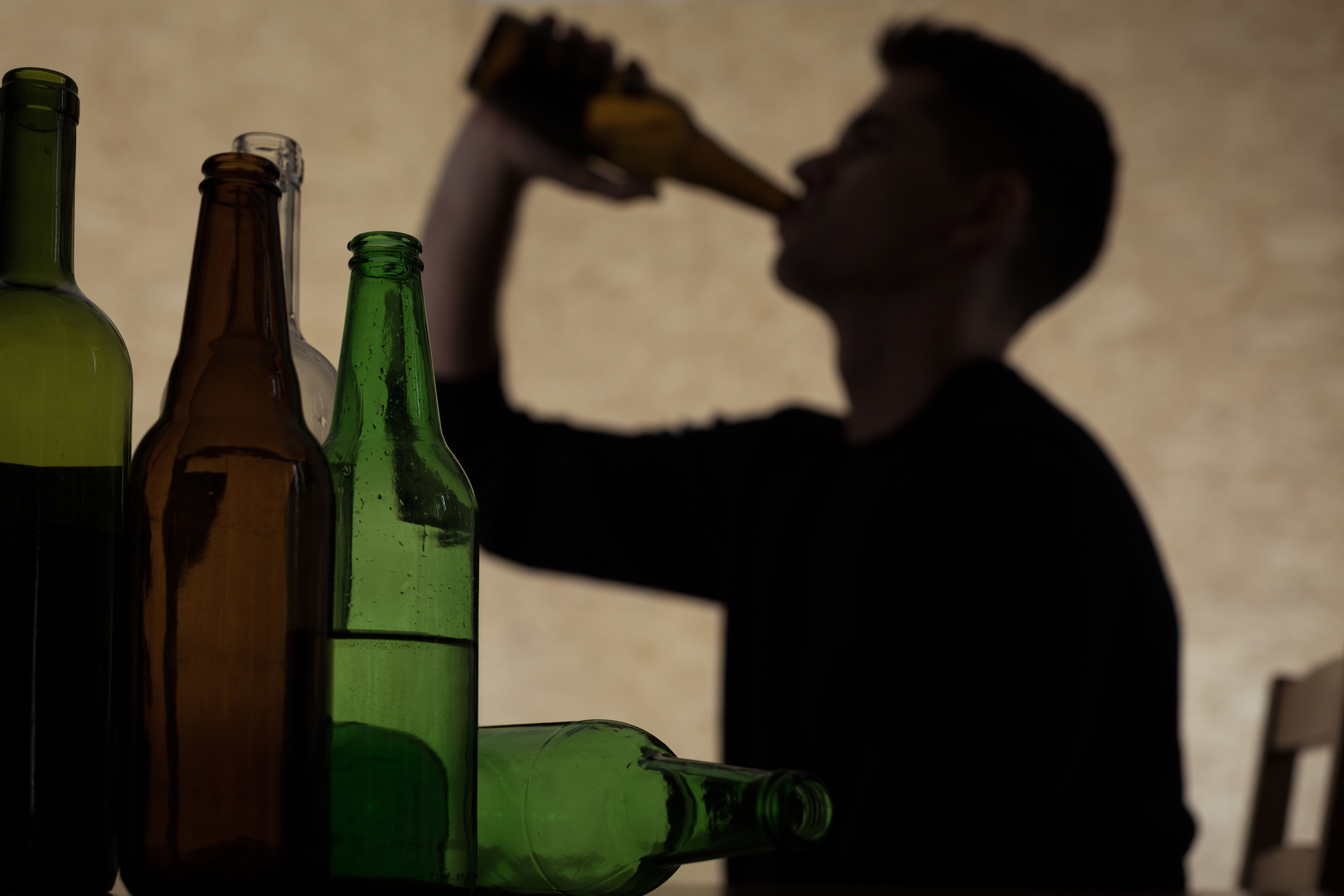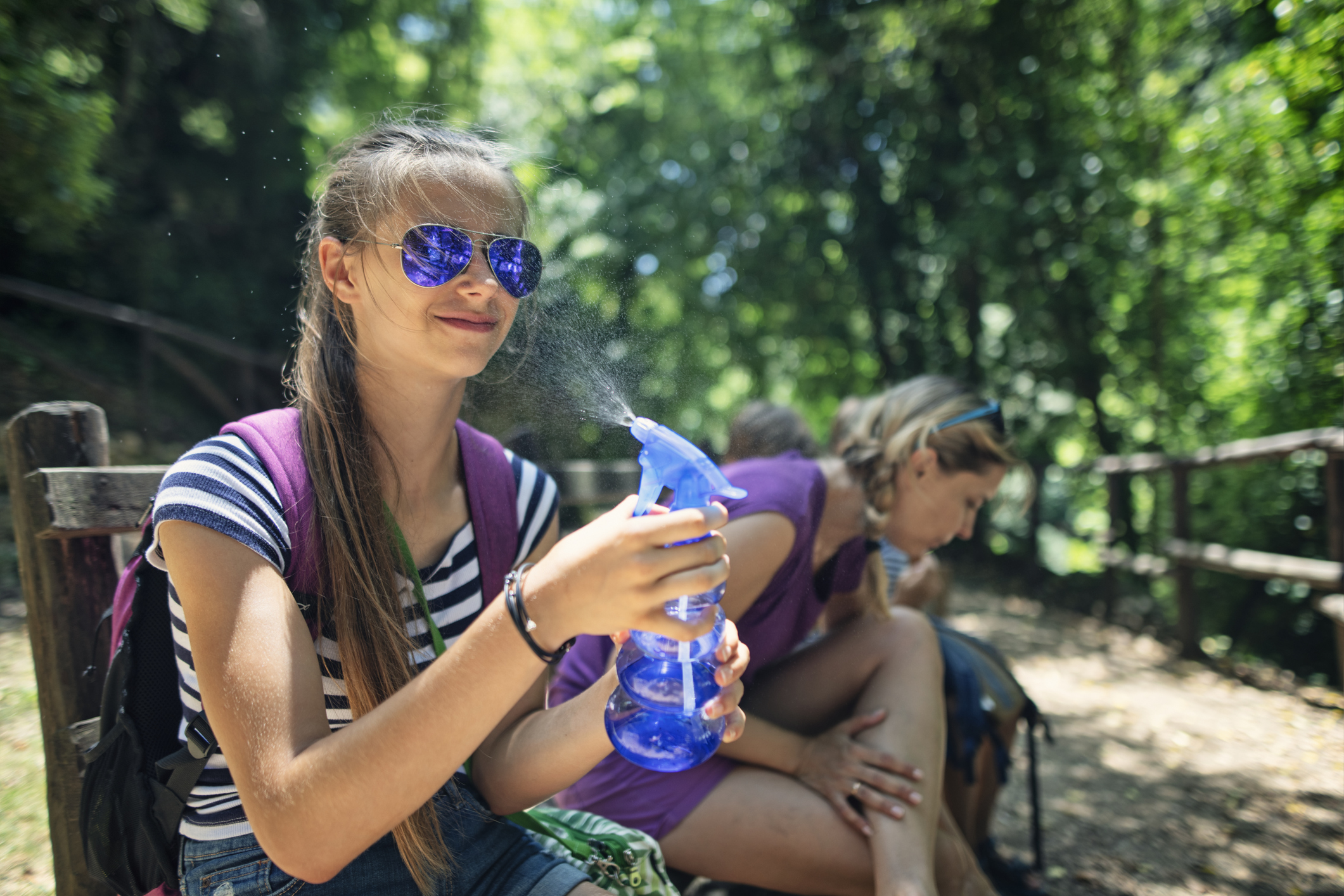
Trigger warning: mentions of suicidal intention
Adolescence is a roller coaster of emotions, and for many teens, depression becomes an unwelcome passenger. We’ve spoken before about how society tends to believe children cannot suffer from clinical depression, and now it’s time to discuss how that stigma applies to the treatment of depression. On top of talk therapy, antidepressants are to many a shining beacon of hope in the darkness, but there are so many myths surrounding how they work, their side effects, and if they are even safe.
Approximately 500,000 children and teenagers in the United States are prescribed drugs known as selective serotonin reuptake inhibitors (SSRIs) annually, as reported in the medical journal Pediatrics. No parent wants their child to be on long-term medication, but if the alternative is constant suffering, suicidal ideations, and painful physical symptoms, then side effects are the least of your worries.
More from LittleThings: A Psychologist Shares 5 Things Teens Should Never Do On Social Media

When we say antidepressants in this context, we’re talking about selective serotonin reuptake inhibitors, or SSRIs, which are the most commonly prescribed antidepressant type for teenagers.
Please speak to a pediatrician for more information, because despite the generalization of these facts, every teen will have their own specific needs and differences in side effects. That being said, here are some things every parent needs to know if their child is prescribed antidepressants.
Ableism and social stigma.

SSRIs don’t make fake happy, and they don’t stop so-called “crazy,” they simply enhance chemicals the brain is already making. Antidepressants work by increasing neurotransmitters like serotonin and noradrenaline in the brain. Serotonin is a chemical that the average brain creates on a daily basis, it keeps us stable, safe, and content, with loads of physical goodness, too. SSRIs do not introduce alien chemicals into our brains that cause damage or “trick” us into feeling something we don’t. Think of our brain as a balloon with little bubbles of serotonin inside, in a depressed brain, those bubbles sneak out of the hole of the balloon, leaving the brain with very little left.

An SSRI basically just ensures that the bubbles stay put in the brain. That’s it. Of course, side effects are an issue, but most medications, from pain pills to antibiotics have those too, and you don’t hear the same negativity about them. If antidepressants can stop people from killing themselves, then there’s no reason to think of them as anything other than a life-saving medication.
People are not weak for being on medication, they are simply finding a way for their brains to work as best they can. Children are not “taking the easy way out” by being on medication, as depression doesn’t care what age you are. As a parent, you need to research the upsides, not just the downsides. Sadly, another aspect of your child going on medication is that other people may judge them for it, but so long as you are there for them, they can get through it.
It’s a bridge to recovery, not a fix.

Antidepressants are often portrayed as a quick fix for mental health struggles, but it's crucial to understand that they're not a cure-all solution. Instead, they serve as a bridge to recovery, helping to alleviate symptoms while one engages in therapy and develops coping skills.
Emphasize to your teen that antidepressants are just one aspect of their treatment journey, and that true healing involves a multifaceted approach that addresses underlying issues and promotes long-term well-being. Doctors often prescribe antidepressants before the patient starts therapy as a way to cope during a possible long wait for an appointment. It also means your kid's mood will balance out before they even speak to a counselor, making it easier to share painful memories and thoughts.

Certain side effects will also only occur during the first couple of weeks, so by the time they see a psychiatrist they will probably feel physically better, too. Certain people can do therapy without medication, but most people won’t recover on medication alone. This is because SSRIs don’t work like an antibiotic, where you’re likely cured when you come off them. Unless you wish to stay on them long term, they can get you to the other side of the river, but they can’t do the psychological work for you to stay on land.
Foods and drinks that interfere.

Just like with other medications, there are certain foods and drinks that can have an adverse reaction with many SSRIs. Certain ingredients can mess with their efficacy or cause unpleasant reactions. For example, consuming excessive amounts of alcohol with certain drugs, such as Sertraline, can make one much drunker a lot quicker than if drinking on no medication. It can also trigger serotonin syndrome. This can lead to hospitalization or worse. There are certain drugs that have no dangerous interaction with alcohol, but doctors still suggest abstaining or at least cutting down on alcohol when on them, as alcohol is a depressant drug.
This may seem irrelevant, as children don’t tend to drink alcohol, but if your teen is secretly drinking or getting close to that high school or college party scene, they still need to be educated on the risks.

One of the foods that is often ignored when it comes to medication interaction is grapefruit. Grapefruit can interfere with the metabolism of certain SSRIs by inhibiting the enzyme CYP3A4 in the liver, potentially leading to increased levels of the medication in the bloodstream. This interaction can result in a higher risk of side effects or toxicity from SSRIs. Ask your doctor, and be sure to Google which foods and drinks are a no-go when it comes to your teen’s specific drug, as they don’t all overlap.
Sun sensitivity and dehydration.

Many antidepressants, particularly SSRIs, can increase sensitivity to sunlight and contribute to dehydration. This heightened sensitivity to the sun may result in an increased risk of sunburn, more than the average person. It’s not just burning, but the risk of skin cancer is increased also. Remind your teen to prioritize UV sun protection, especially when spending time outdoors, even indoors if you have large windows. Most people think applying their sunscreen once before they go outside will do the trick, but you have to keep reapplying throughout the day to stay protected.
Reapply 50 SPF every two hours, and if they’re wearing makeup, use a sunscreen spray over it to reapply.

In terms of hydration, the same kinds of rules apply: If you’re on an SSRI you’re at a greater risk for dehydration and must drink extra water throughout the day to counteract this risk. Many antidepressants cause hydration-related side effects such as decreased thirst, increased sweating, and sometimes dry mouth, which can all lead to dehydration.
During the summer, this is obviously worse due to the heat. Basically, the body isn’t regulating temperature and how it handles the sun the way it normally would, so you need to give it a helping hand.




